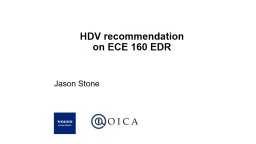PDF-Vuka! is a broad coalition of approximately 160 international, regiona
Author : importedferrari | Published Date : 2020-11-19
1 CSOs working to incubate new forms of resistance and organisation It s Secretariat is housed within CIVICUS World Alliance for Citizen Participation an international
Presentation Embed Code
Download Presentation
Download Presentation The PPT/PDF document "Vuka! is a broad coalition of approximat..." is the property of its rightful owner. Permission is granted to download and print the materials on this website for personal, non-commercial use only, and to display it on your personal computer provided you do not modify the materials and that you retain all copyright notices contained in the materials. By downloading content from our website, you accept the terms of this agreement.
Vuka! is a broad coalition of approximately 160 international, regiona: Transcript
Download Rules Of Document
"Vuka! is a broad coalition of approximately 160 international, regiona"The content belongs to its owner. You may download and print it for personal use, without modification, and keep all copyright notices. By downloading, you agree to these terms.
Related Documents














